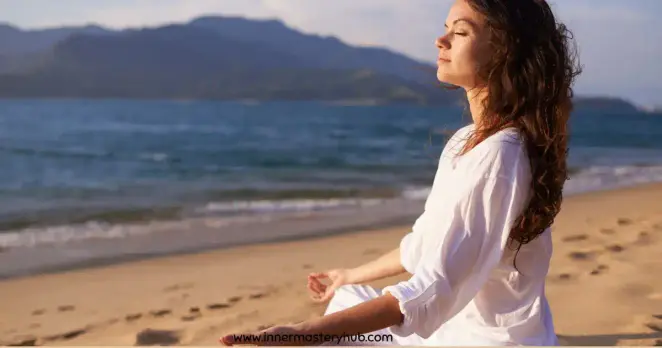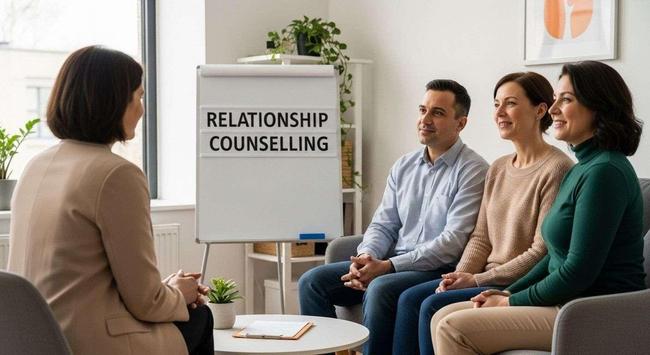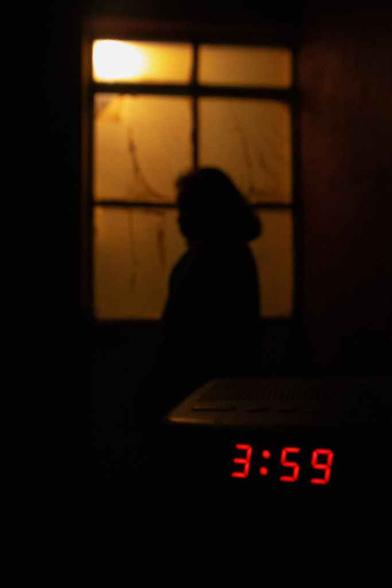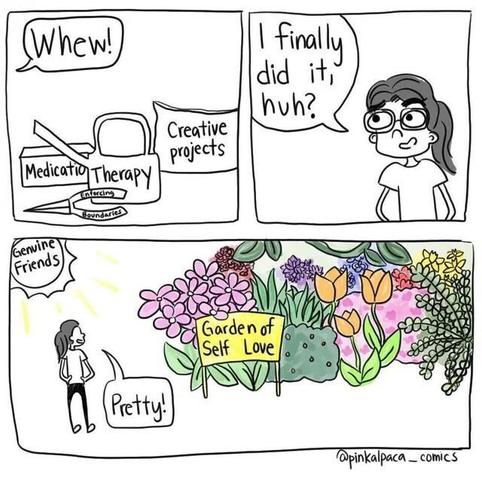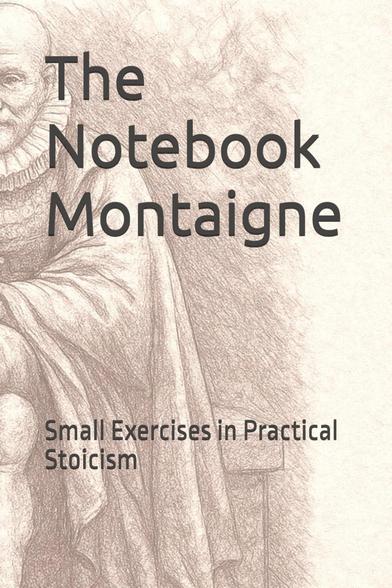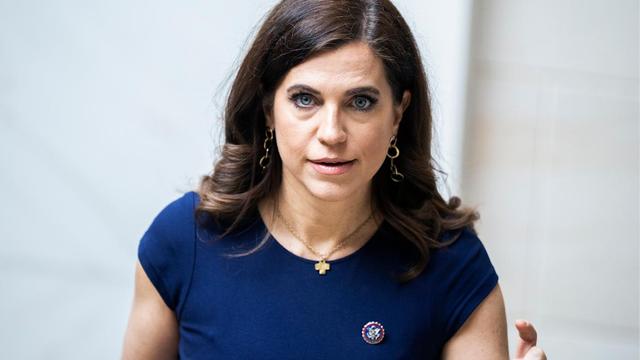When Gratitude Doesn’t Erase the Drowning
I’ve been thinking a lot about survival mode lately; that state where you’re technically functioning, but everything feels like walking through heavy water. You wake up, you move, you smile when needed, but underneath, you’re just trying to keep your head above the current.
And the thing is… we know we’re not the only ones struggling.
We know someone out there has it worse: the single mom working three jobs, the friend grieving someone they can’t bring back, the family facing eviction. So we tell ourselves, I should be grateful.
But gratitude doesn’t make the drowning stop. It just means you’re aware you’re lucky to still have air, even if you’re gasping for it.
Survival Mode Is Still a State of Emergency
In psychology, survival mode happens when your body and brain shift into constant stress response. Cortisol stays high, focus narrows, and emotions flatten. You’re not lazy or dramatic. You’re literally wired for crisis.
That means even “small” problems — like bills piling up, unstable Wi-Fi, or family tension — can feel like tidal waves when your nervous system is already fried. Your body doesn’t rank problems by global importance. It only knows that you’re overwhelmed.
When people say, “Well, at least you have food on the table,” what they often mean is “I don’t know how to hold your pain, so I’ll minimize it.” It’s not cruelty; it’s discomfort. But it still invalidates the very real emotional weight you’re carrying.
The Trap of Comparative Suffering
Researcher Brené Brown calls it comparative suffering: the idea that pain must be measured, ranked, and justified.
- “I shouldn’t complain, others have it worse.”
- “At least I’m not homeless.”
- “It’s just stress; people go through worse.”
But emotions don’t operate on a hierarchy. There’s no prize for “Most Deserving of Sadness.”
When we compare pain, we disconnect — from ourselves and from others. We silence empathy instead of expanding it. Brown says the antidote is emotional generosity — acknowledging that my pain and your pain can coexist without comparison.
Gratitude and Struggle Can Coexist
Gratitude doesn’t mean gaslighting yourself into silence. It means holding both truths: I am thankful and I am struggling.
You can love your life and still feel tired of fighting for balance.
You can appreciate your home and still feel crushed by instability.
You can be aware of your blessings and still feel like you’re drowning.
That duality is what makes you human, not ungrateful.
What Helps Me When I’m in Survival Mode
- Naming the truth. I literally say it out loud: “I’m overwhelmed, and that’s okay.”
- Radical rest. Even ten minutes of stillness helps remind my nervous system that I’m safe.
- Connection over comparison. Reaching out to someone who listens without fixing.
- Journaling without judgment. Letting the thoughts be messy and unfiltered.
When we stop ranking pain, we create room for collective healing. We move from “At least you—” to “I hear you.” And that one shift can feel like coming up for air.
Closing Thought
You’re not weak for struggling when others have it worse.
You’re human for feeling the weight of your own life.
We don’t have to win the pain Olympics.
We just have to survive it — together.
#comparativeSuffering #emotionalHealth #gratitudeAndStruggle #healingJourney #mentalWellness #selfCompassion #survivalMode #toxicPositivity
